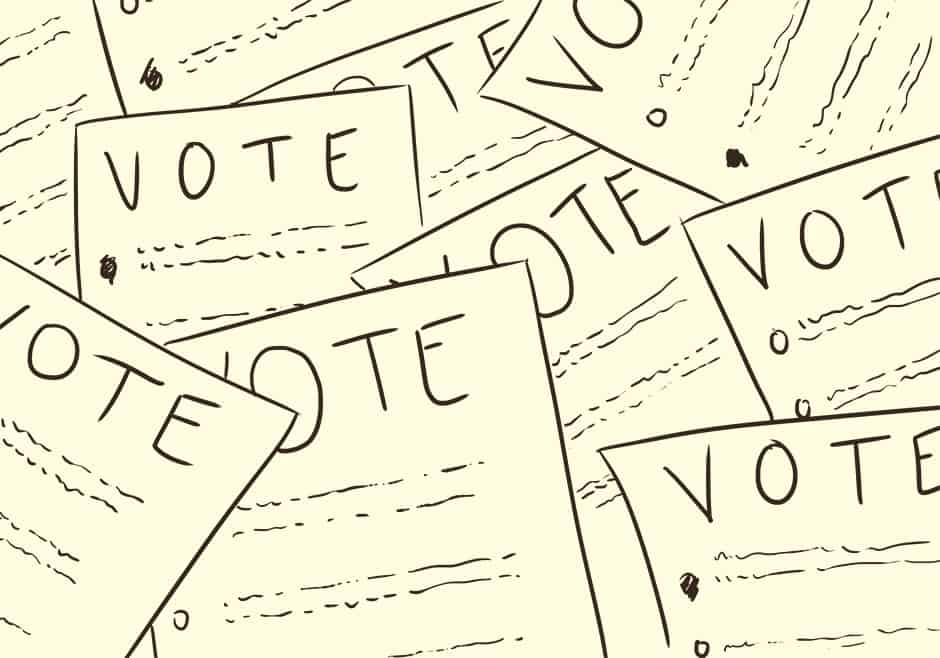Whether this month marks your first time voting in a federal contest, or you’re a grizzled veteran of Canadian democracy, here are some simple instructions for your reference as we approach October 19.
Make sure that you are registered to vote by visiting elections.ca/register. It is especially important to double-check if you’ve recently moved, this is your first time voting, or if you are living away from home.
If you are not registered, then you can register online at www.elections.ca or in person at your local Elections Canada office by Tuesday, October 13. Alternately, you can register in person at either a polling, or advanced polling station.
Once you have registered, you will receive a voter information card telling you when and where to vote. If you don’t receive a card, or if there is an error on your card, visit www.elections.ca or call Elections Canada at 1-800-463-6868.
You can vote in person, either on Election Day (October 19) or in advance, from October 9–12, at an advanced polling station. You may also vote by mail, or at any Elections Canada office. Additionally, you can also vote on the St. George campus from October 5-8 from 10:00 am to 8:00pm at any of the Graduate Student Union Gym and Records Room, the University–Rosedale Returning Office, or the Wolfond Centre for Jewish Campus Life.
Cast your vote!
Things to be aware of:
When you arrive to vote, you must have a piece of government issued identification with your current address on it. If you don’t have a suitable piece of government issued ID, you may instead show two pieces of alternate ID — both of which must include your name, and one of which must also include your address. Documents issued electronically may be printed or shown on a mobile device.
If you don’t have proof of your address, you may take an oath, show two pieces of ID with your name, and have someone who is registered in the same polling division attest to your address. This person must be able to show proof of their identity and address.
Elections Canada, in an effort to accommodate accessibility needs, offer screen magnifiers, braille and tactile voting templates, large-print lists of candidates, sign-language interpretation, assistance in marking ballots, and voting screens that let in more light.
For transgender Canadians, Trans Vote Canada is a non-partisan group that aims to ensure that trans- and gender-variant people can vote, and have put together a guide to the federal election dealing with issues surrounding name changes and identification.
In the event that an academic activity, such as a test or exam, interferes with your ability to vote, and you were unable to vote by special ballot or at an advanced poll, the vice-provost has said that every reasonable opportunity should be given to you to make up missed work.


